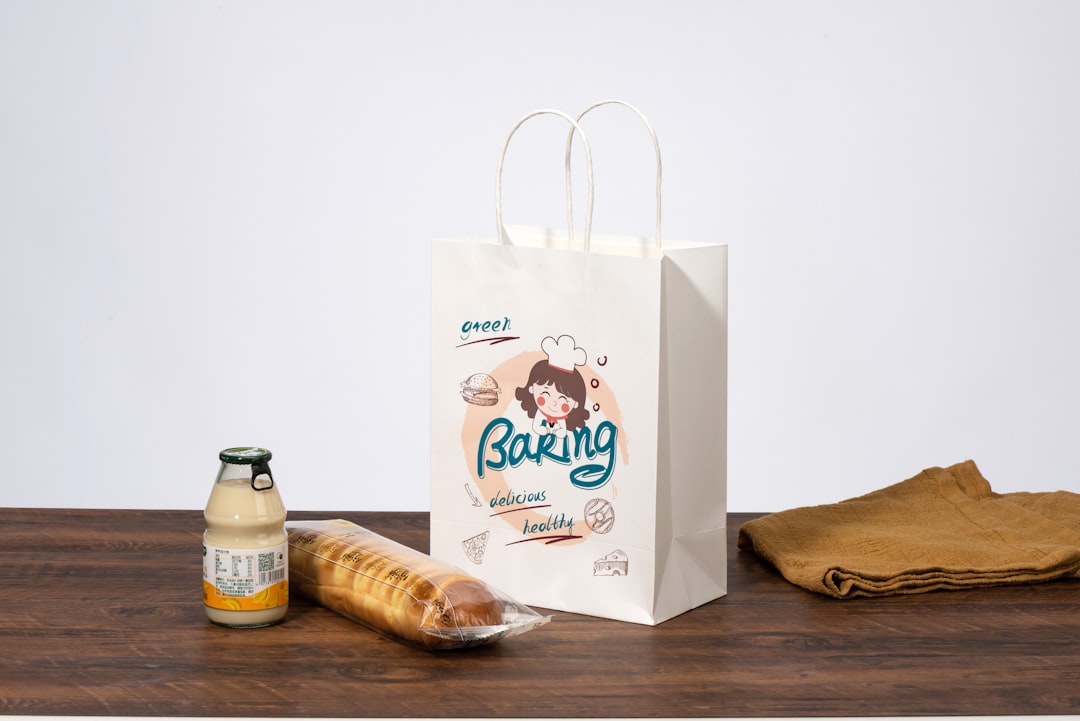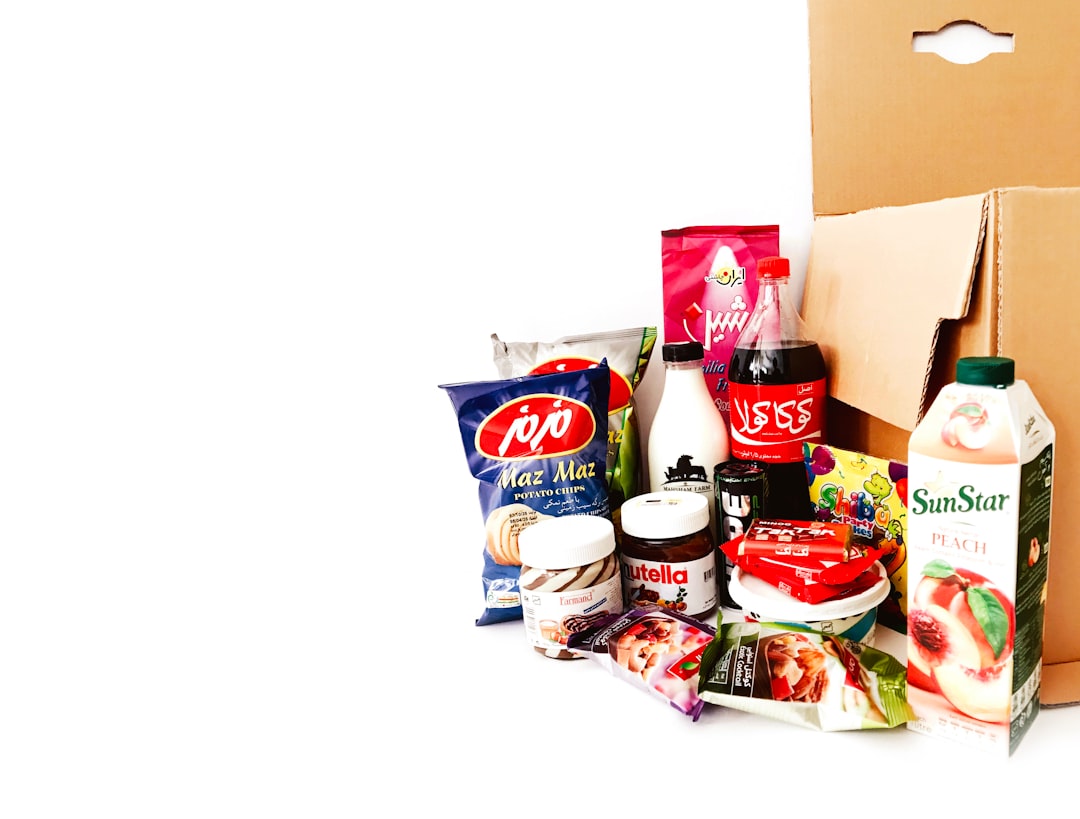Starting a food business in today’s digital-first world comes with multiple challenges — from sourcing to logistics to customer engagement. But one of the most crucial and often overwhelming tasks for aspiring restaurateurs, caterers, and food truck operators is simply getting their business online. Whether for accepting online orders, promoting a menu, or running a blog, having a strong digital presence is essential. Fortunately, with the rise of user-friendly website and e-commerce builders, launching a professional-looking online platform is easier than ever before — no coding skills required.
TLDR:
Creating an online presence for a food business no longer requires a large budget or technical expertise. Several website and e-commerce builders now cater specifically to food entrepreneurs, offering intuitive drag-and-drop interfaces, built-in booking and order systems, and seamless integrations with delivery platforms. Platforms like Shopify, Squarespace, and GloriaFood lead the way in simplifying this process. Choosing the right builder depends on your business model, technical skill level, and future growth plans.
Why Your Food Business Needs an Online Platform
In 2024 and beyond, a digital presence is not optional—it’s vital for survival and growth. With increasing consumer demand for online ordering, digital menus, and real-time updates on food availability, your business must be where your customers are: online. An effective website can help you:
- Showcase your brand with images, menus, and customer testimonials.
- Enable online ordering or reservations for increased convenience and revenue.
- Reach new customers through SEO and localized search.
- Integrate loyalty and marketing tools to boost repeat business.
Let’s explore some of the easiest and most trusted builders that can help you set up your food business online with minimum hassle.
1. Shopify – Best for Food Retail and Delivery
Shopify is widely recognized for its robust e-commerce capabilities. For food businesses selling packaged goods, meal kits, or dinners for delivery, Shopify offers scalability and feature-rich tools that are hard to beat.
Why it’s easy:
- User-friendly drag-and-drop interface.
- Pre-made templates tailored for food and beverage shops.
- Integration with third-party logistics, delivery, and order tracking.
Best suited for: Meal kit services, bottled beverage brands, bakeries offering delivery.

2. Wix – Most Flexible for Small Food Businesses
Wix offers a highly flexible website creation platform with practically endless customization options. It combines ease-of-use with powerful tools like image galleries, online booking, and third-party app integrations.
Why it’s easy:
- Wix ADI (Artificial Design Intelligence) generates sites within minutes based on your business input.
- Hundreds of pre-designed templates for restaurants, cafes, and food service businesses.
- Built-in reservation and online ordering systems with no commission fees.
Best suited for: Food trucks, cafes, casual restaurants with minimal tech support.
3. Squarespace – Best for Design-Conscious Brands
If design and aesthetics are core to your food brand, Squarespace is the platform to consider. Known for its beautifully-designed templates, Squarespace is ideal for visually driven websites that emphasize brand storytelling.
Why it’s easy:
- Intuitive building experience with clean interface.
- Elegant templates optimized for mobile devices.
- Easy blogging and email marketing tools built in.
Best suited for: Boutique food brands, specialty bakeries, and personal chefs.

4. GloriaFood – Ideal for Restaurants and Takeout Services
GloriaFood may not be a full website builder like Wix or Shopify, but it specializes in online ordering for restaurants. Best of all: it’s free to get started and integrates smoothly into existing websites hosted elsewhere.
Why it’s easy:
- Customizable online menu builder designed specifically for food businesses.
- Real-time order notifications and mobile POS system.
- Free to use with affordable paid upgrades (e.g., payment gateways, marketing tools).
Best suited for: Existing restaurants wanting to add online ordering without rebuilding their website.
5. WordPress with Elementor – Great for Customization
WordPress with the Elementor page builder plugin offers massive customization potential without sinking time into code. While it’s slightly more complex than drag-and-drop-only platforms, it’s ideal for business owners who want to build something truly tailor-made — possibly with professional help.
Why it’s (reasonably) easy:
- Elementor offers visual building tools with a vast template library.
- WordPress ecosystem allows for advanced plugins like WooCommerce and OpenTable.
- Scalable and future-proof.
Best suited for: Mid-sized food businesses or future-oriented owners willing to invest in long-term online operations.
6. Square Online – Seamless POS Integration
Square Online is an increasingly popular choice for food businesses already using Square for payment processing. It offers simple site building integrated with your POS and inventory system.
Why it’s easy:
- Seamless integration with Square POS devices and food ordering platforms like DoorDash.
- No monthly fee for a basic functional store—it grows as you grow.
- Fast setup with minimal learning curve.
Best suited for: Cafes, quick-service restaurants, or ghost kitchens using Square payments.
What to Look for When Choosing a Builder
The best platform for your food startup depends on your goals, technical skills, and budget. Here are a few key considerations:
- Ease of Use: Can you build and maintain the site yourself, or will you need ongoing technical help?
- Functionality: Do you need reservations, online menus, gift card sales, or real-time inventory updates?
- Pricing: Is there a free version, and what are the premium features worth upgrading for?
- Integration: Does it work with third-party apps you already use or plan to use (like UberEats or Toast POS)?
- Analytics & SEO: Does the platform help you understand performance and improve your visibility?

Conclusion
Establishing a credible and engaging online presence is no longer a luxury—it’s a necessity for food businesses of all sizes. The market now offers a wide range of easy-to-use tools that eliminate previous barriers like budget constraints and technical know-how. Whether you’re a street food vendor, personal chef, or artisanal jam producer, there’s a builder suited to your entrepreneurial goals.
For simplicity and growth scalability, Shopify and Square Online stand out. For aesthetics and storytelling, Squarespace delivers unmatched polish. And if cost is a concern but online ordering is crucial, GloriaFood provides a competitive edge without upfront investment.
In short: match your platform with your specific needs today, and your growth goals for tomorrow.



